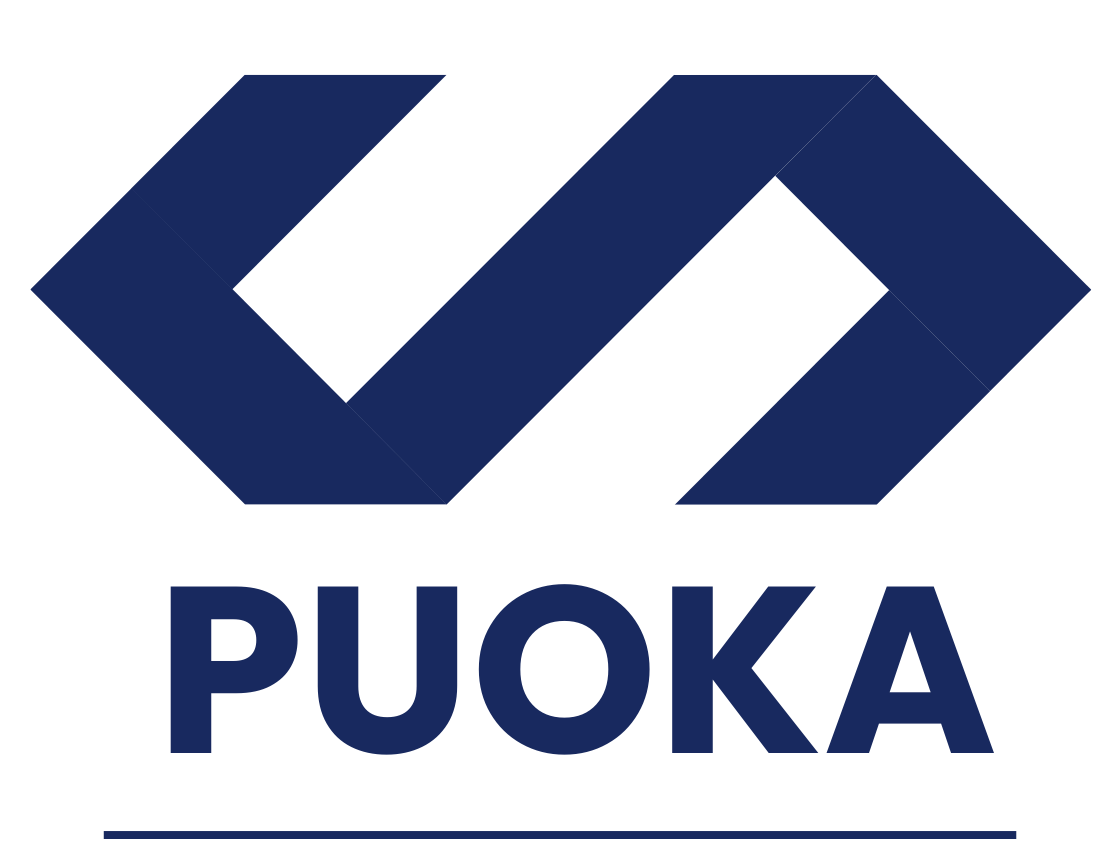TLDR
- OpenAI CEO Sam Altman says NYT is “on wrong side of history” regarding copyright lawsuit
- NYT lawsuit claims OpenAI used their content extensively for AI training without permission
- OpenAI claims NYT manipulated prompts to make ChatGPT regurgitate content
- Multiple authors and creators are suing OpenAI for copyright infringement
- Altman proposes new revenue-sharing system with opt-in model for creators
A heated dispute between artificial intelligence leader OpenAI and the New York Times reached new levels of tension as OpenAI CEO Sam Altman claimed the newspaper is “on the wrong side of history” during the DealBook Summit in New York City on Wednesday.
The conflict stems from a lawsuit filed by the New York Times in December, which accuses OpenAI and Microsoft of using the newspaper’s articles to train AI models without getting proper permission or paying for licenses. The case has become a key battleground in the ongoing debate about how AI companies should use published content.
Speaking at the event hosted by New York Times journalist Andrew Ross Sorkin, Altman addressed the lawsuit carefully but directly. “I don’t believe in showing up in someone else’s house as a guest and being rude,” Altman said, before making his statement about the Times’ position on the matter.
Sam Altman Live at DealBook Summit 2024 https://t.co/GIrwg9LdRU
— Andrew Ross Sorkin (@andrewrsorkin) December 4, 2024
The newspaper’s legal team maintains that their case centers on protecting creators’ rights. Ian Crosby, lead counsel for the New York Times at Susman Godfrey, responded to Altman’s comments by pointing out that copyright laws exist precisely to ensure creators get paid for their work. “There’s a way to build new technologies that complies with the law and the rights of copyright holders,” Crosby told Decrypt.
At the heart of the dispute is how OpenAI’s ChatGPT and other large language models (LLMs) are trained. These AI systems learn from vast amounts of data, including books, websites, and articles. While they don’t store exact copies of articles, the Times claims OpenAI put special emphasis on their content during the training process.
The lawsuit specifically states that OpenAI “gave Times content particular emphasis when building their LLMs,” suggesting the AI company recognized the value of the newspaper’s work. This selective use of Times content forms a central part of their legal argument.
OpenAI pushed back against these claims in January, suggesting the newspaper wasn’t telling the complete story. The AI company accused the Times of deliberately crafting prompts to make ChatGPT produce responses that would support their legal case.
“It seems they intentionally manipulated prompts, often including lengthy excerpts of articles, to get our model to regurgitate,” OpenAI stated. The company argued that such behavior isn’t typical of their AI models unless specifically instructed to do so.
The dispute has drawn attention from other creators concerned about AI using their work without permission. Several high-profile figures have filed similar lawsuits against OpenAI, including “Game of Thrones” author George R.R. Martin, bestselling writer John Grisham, and comedian Sarah Silverman. The Authors Guild has also joined the legal fight.
The legal proceedings continue to develop. On Monday, a federal judge approved a motion requiring OpenAI to share text messages and direct messages from X (formerly Twitter) sent by employees who used the platform for work purposes.
Looking ahead, Altman proposed potential solutions to prevent future copyright disputes. He suggested creating a fair system where creators could receive compensation for the use of their work and likeness in AI training. This would include an opt-in model featuring micropayments whenever someone’s name, likeness, or style is used to generate content.
During his DealBook appearance, Altman emphasized the need to move beyond traditional fair use debates. “I think the discussion on fair use or not is at the wrong level,” he said. “Of course, we very much believe in: You need one of these right-to-learn approaches. But the part I really agree with is we need to find new economic models where creators can have new revenue streams.”
Meanwhile, lawmakers are taking steps to address AI’s impact on various sectors. Representatives Maxine Waters and Patrick McHenry recently introduced the AI Act of 2024, which aims to examine how artificial intelligence affects financial services and housing.
OpenAI maintains its support for journalism, stating they partner with news organizations and consider the New York Times lawsuit to be “without merit.” The company continues to defend its position while facing multiple legal challenges over its use of copyrighted material.
The lawsuit remains active in the courts, with both sides gathering evidence and building their cases. As the legal process unfolds, the outcome could help establish new precedents for how AI companies use published content in their training data.








